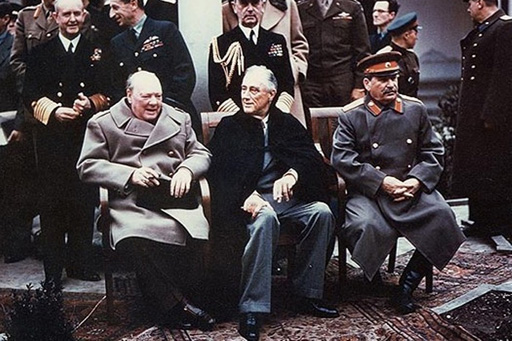1.4.1 Leading with political astuteness
On the basis of extensive research carried out over a number of years, involving interviews and surveys with senior and middle managers in public services, Hartley and Fletcher (2008) established a framework of political skills and judgement. These are summarised in the table below.
| Personal skills |
|
| Interpersonal skills |
|
| Reading people and situations |
|
| Building alignment and alliances |
|
| Strategic direction and scanning |
|
Many of these skills are acquired rather than learned in formal situations: research (Hartley and Fletcher, 2008) indicates that they are generally acquired through experience of difficult or challenging events.
As you have seen, however, leadership cannot be considered solely as a set of personal skills and qualities. It must also be viewed, and is often best understood, within its context and with clear regard for the purposes it is intended to achieve. Context shapes leadership by creating constraints and opportunities for leadership action, while leadership action can, to some extent, shape the context through the management of meaning and the mobilisation of consent through communication. This is why reading the context is a critical aspect of political astuteness

